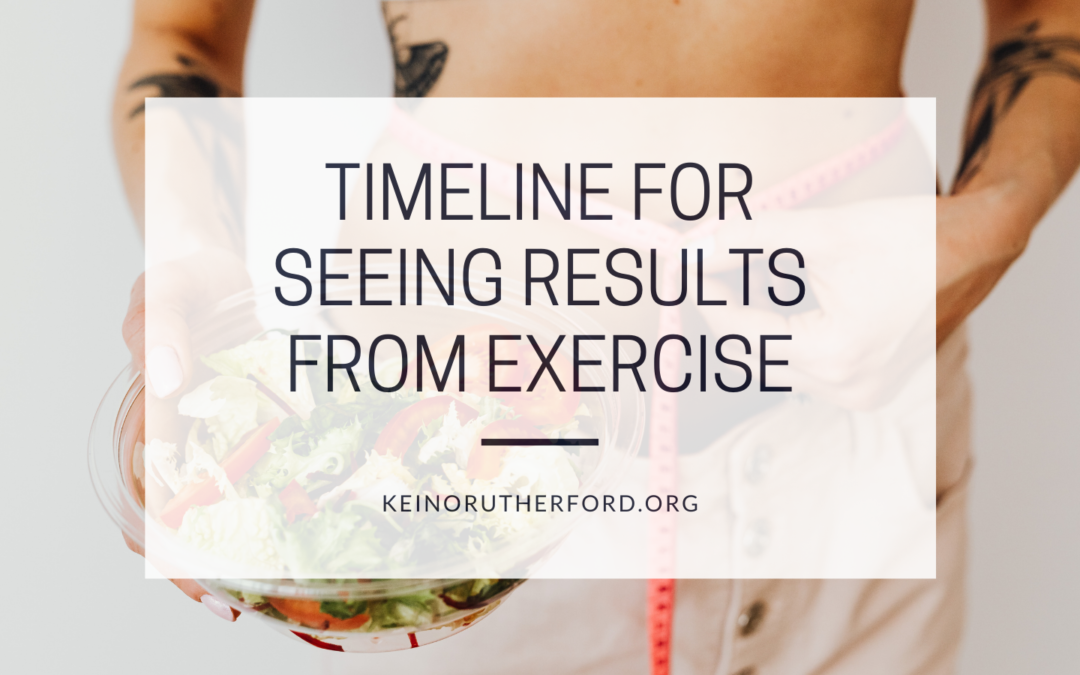When people go from being sedentary to being active, they’re eager to see some results. But the truth is, that will take some time. One of the most important things to keep in mind when becoming active is moderation. The best way to go from couch potato to fit is slowly and carefully. Doing too much too early can lead to injury and ultimately put people off fitness.
Any time anyone makes a lifestyle change, they need some time to adjust to it. This is particularly true when it comes to anything impacting the body. When someone starts to work out, it takes time for their lungs, muscles, and even circulatory system to react and adapt. That’s part of why it can take time to see some results. That’s also why it’s wise to start out slowly. It’s important not to overload these systems and cause pain or even injuries early on in a fitness journey.
Progress takes time. For example, lifting or doing plyometric exercises can build muscle. But that muscle won’t become visible until some fat burns off. That takes time. As diet and metabolism change, results will become visible.
Because it takes time to see progress, it’s a good idea to make both short-term and long-term goals. A short-term goal might be to follow a schedule and work out 3 or 5 times per week. Sticking to this kind of schedule can help people achieve long-term goals like running 10ks, doing long hikes, or even completing a marathon.
Athletes should increase their load if they want to continue seeing progress. But this should be done in a measured way. For example, expect to add maybe 1-2 miles to a running program every week. Add weight to exercises like lunges when they become too easy, but do it in moderation. Start with 5 lb dumbbells, then progress to 10 or even 25 lbs.
Remember, recovery is as important for an athlete as muscle-building and increasing distance. Incorporating proper recovery phases into a training plan is one way to ensure that working out stays fun and productive over the long term. It’s important to take a break now and again to prevent injury and ensure the body is getting enough rest.

